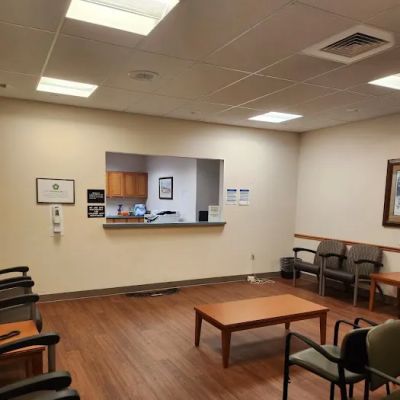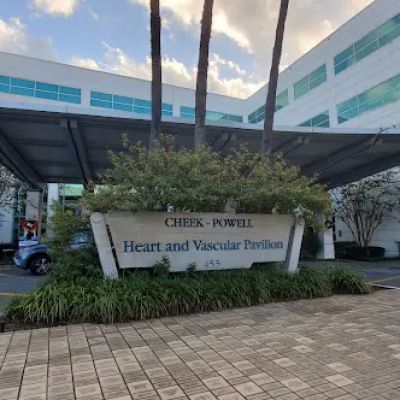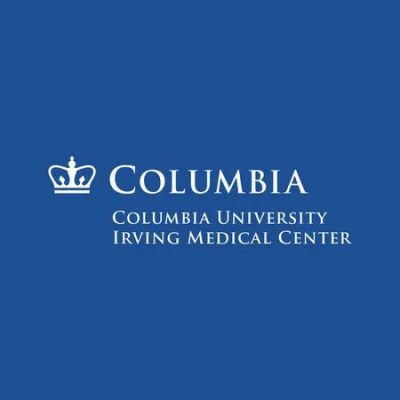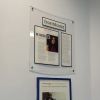Recognizing Warning Signs of a Heart Attack: Key Symptoms to Watch Out For
Heart attacks are one of the leading causes of death in the United States, but the good news is that recognizing the warning signs early can greatly increase the chances of survival. As someone who has always been passionate about heart health, I’ve learned that the ability to spot the symptoms of a heart attack can make a difference between life and death. In this article, I will share essential information on the warning signs of a heart attack, what to do if you suspect someone is having one, and how lifestyle factors play a role in prevention.

1. The Importance of Recognizing Heart Attack Symptoms
It’s crucial to understand that not all heart attacks come with dramatic chest pains or visible signs. Many people believe that a heart attack will happen suddenly and violently, but in fact, many occur gradually with mild symptoms that are easy to overlook. Recognizing these subtle signs can save a life, as timely intervention is key in reducing damage to the heart.
Some individuals may experience chest discomfort, while others may feel fatigue or dizziness without realizing it is linked to heart problems. These symptoms are often dismissed, especially if they don't feel immediately life-threatening. Unfortunately, this delay in action can result in irreversible heart damage. Therefore, being informed and vigilant about the possible warning signs is essential.
Atlanta Heart Specialists
atlanta heart specialists
4375 Johns Creek Pkwy #350, Suwanee, GA 30024, USA

2. Chest Pain and Discomfort
Chest pain is the most commonly recognized symptom of a heart attack. However, it is essential to note that the pain may not always be sharp or unbearable. Many people describe it as a sensation of pressure or heaviness on the chest. This discomfort might radiate to the arms, neck, jaw, back, or stomach. The pain may also come and go, making it more difficult to distinguish from indigestion or other less serious conditions.
If you or someone you know is experiencing chest discomfort, especially combined with other symptoms such as shortness of breath, nausea, or cold sweats, it’s important to seek medical help immediately. Waiting for the pain to subside can be dangerous, as it could indicate a heart attack in progress.
3. Shortness of Breath and Fatigue
Many people who experience heart attacks report feeling unusually short of breath, even when doing simple activities like walking or climbing stairs. This can be a sign that the heart is not pumping effectively and that oxygen is not being circulated properly through the body.
Fatigue is another common symptom that often goes unnoticed. It might feel like an overwhelming sense of tiredness that doesn’t improve with rest. This feeling may persist for days or even weeks leading up to the heart attack. Fatigue is especially common among women, who may also experience nausea or dizziness. If these symptoms are present, it’s essential to take them seriously and consult with a healthcare provider.
4. Lightheadedness and Dizziness
Dizziness or feeling lightheaded can occur before or during a heart attack. This sensation is caused by a drop in blood pressure, which may be due to the heart's inability to pump blood efficiently. Some individuals may even faint, a symptom that requires immediate medical attention.
If dizziness or lightheadedness is accompanied by any other heart attack symptoms, it is essential to call emergency services immediately. Even if it seems like a mild issue, this could be a sign of an underlying heart problem that requires prompt evaluation.
5. Nausea and Sweating
In the early stages of a heart attack, nausea and cold sweats can occur, particularly in women. These symptoms are often mistaken for the flu or digestive issues, making it easy for them to be ignored. The body is under significant stress during a heart attack, leading to a combination of sweating, clamminess, and the feeling of nausea.
In fact, women are more likely than men to experience these less common heart attack symptoms. If nausea is combined with chest pain or discomfort, shortness of breath, or dizziness, it is crucial to seek medical help immediately.
6. The Role of Lifestyle and Prevention
While recognizing the warning signs of a heart attack is crucial, preventing heart attacks in the first place is even more important. Regular exercise, a healthy diet, avoiding smoking, and managing stress can reduce the risk of heart disease and heart attacks significantly. Additionally, regular check-ups with a healthcare provider can help monitor cholesterol, blood pressure, and overall heart health.
For those at higher risk due to family history or preexisting conditions, medication may also be prescribed to manage heart health. It’s vital to follow the doctor’s recommendations and make lifestyle changes that support heart health. Taking preventative measures and making heart-healthy choices can help reduce the likelihood of experiencing heart-related issues.
Final Thoughts: Taking Action Can Save a Life
Recognizing the signs of a heart attack and acting quickly can save lives. If you or someone you know is experiencing any of the symptoms described above, don’t hesitate to seek medical attention. The sooner treatment is administered, the less damage the heart sustains, and the better the chances of recovery.
Heart attacks are serious, but they are also preventable. By staying informed, adopting healthy lifestyle habits, and seeking help when needed, you can reduce your risk and ensure a healthier future. Always trust your instincts—if something feels wrong, get it checked. Your heart health is too important to ignore.





















Deborah Heart and Lung Center
deborah heart and lung center
200 Trenton Rd, Browns Mills, NJ 08015, USA